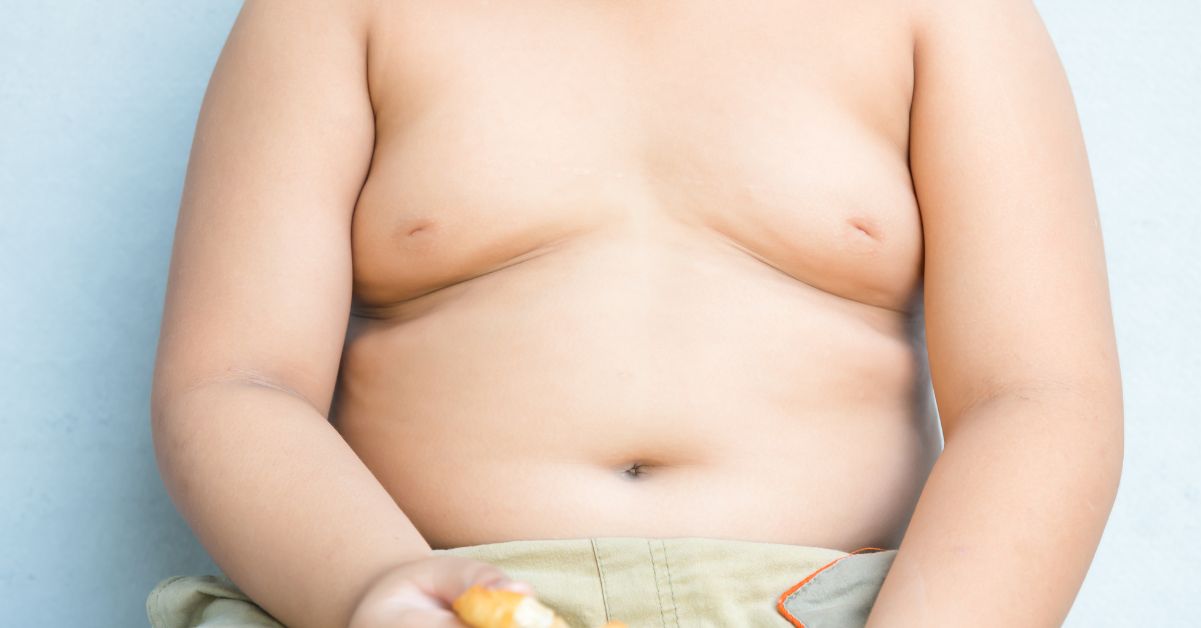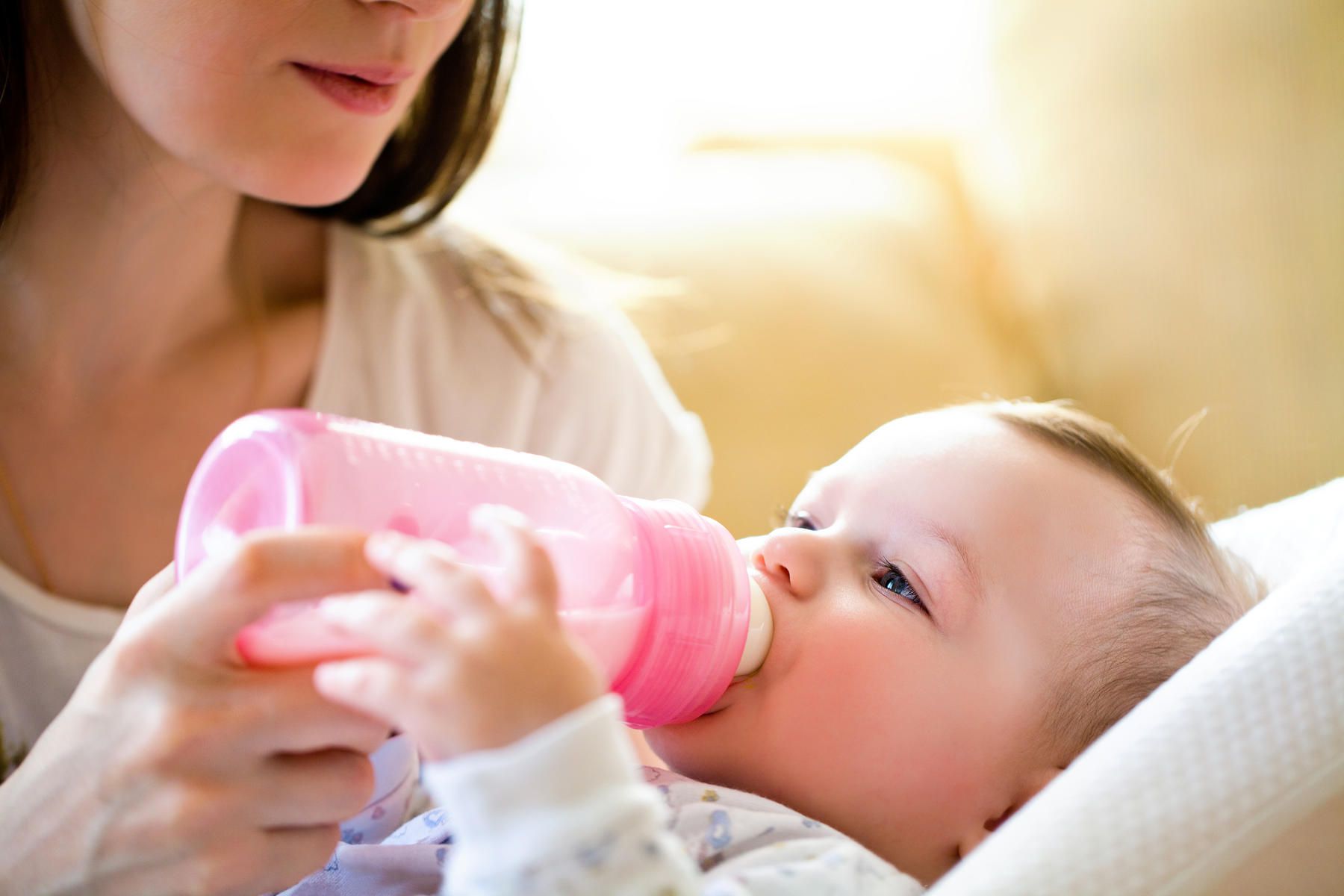Few things are more endearing to a parent than their baby’s pudgy cheeks or chubby knees. The cuteness of baby fat, however, may become a serious health risk for some kids.
One-quarter of children and teenagers in industrialised nations are now overweight or obese. Children who are overweight are at increased risk for a variety of health issues.
It’s normal to feel frustrated or helpless if you’re a parent seeing their child battle obesity. However, there is much you can do to aid your youngster. Early detection of weight issues and obesity in children can help lower their future risk of acquiring major medical illnesses. Involving the whole family is an effective way to combat childhood obesity, improve your kid’s emotional and physical well-being, and set the stage for a lifetime of good eating habits. You should always reassure your child of your love and support, regardless of their size.
Is your child overweight?
There is no foolproof way to determine if a child is overweight because of the wide range of growth rates in children. To calculate a child’s body mass index (BMI), we need to know both their height and weight. Although body mass index (BMI) is a useful guidepost, it is far from being an absolute measure of fatness and can be especially deceptive during periods of fast growth in youngsters.
Causes of overweight in the majority of the children:
The first step in ending the cycle of childhood obesity is to learn what causes it. Overeating and a lack of physical activity are the primary causes of childhood obesity. For proper growth and development, kids need to eat well. But weight gain can occur if they consume more calories than they expend.
Possible contributors to kids’ weight issues are:
- Due to their busy schedules, families are eating out more often than in their own homes.
- There is a plethora of low-quality, high-calorie fast food and junk food options readily available.
- More substantial serving sizes are becoming the norm in both commercial kitchens and private homes.
- The excessive amounts of sugar consumed by children through sugary drinks and foods containing hidden sources of sugar is a major public health concern.
- Children are spending less time engaged in physical play and more time sedentary in front of screens of various kinds.
- Many educational institutions have eliminated or reduced their physical education offerings.
Why is it important to treat Child obesity?
The effects of childhood obesity are felt right away and later in life. Overweight children are increasingly being diagnosed with a wide variety of illnesses that were nearly never seen in youngsters before. Severe health issues, such as those listed below, may manifest in young people who are overweight or obese.
- type 2 diabetes
- high blood pressure and elevated blood cholesterol
- liver disease
- bone and joint problems
- respiratory problems such as asthma
- breathing problems when sleeping, and other sleep disorders (sleep apnea)
- the onset of menstruation or puberty is brought forward in time
- Eating disorders, such as anorexia and bulimia, are a spectrum of disorders
- caused by sweat getting trapped in creases of the skin, which leads to infection.
- fatigue
Extreme childhood obesity is associated with major mental health issues. Kids who are too fat:
- Tend to be the targets of taunting and harassment
- Tend to take part in bullying behaviours
- Possible low self-esteem and social withdrawal
- Possible increased susceptibility to developing depressed symptoms
- Potential for lower levels of social competence
- Might be experiencing a lot of tension and worry.
- May experience behavioural and/or cognitive impairments as a result of the emotional stress caused by childhood obesity.
Too often, kids and young adults who are overweight never grow out of it. In reality, most people’s weight gain rates keep rising as they get older. Adult obesity is linked to
- High blood pressure
- Strokes
- Certain types of cancers
- Heart disease
- Liver disease
- Type 2 diabetes
- Dementia
To ensure the child’s health is secure and free from any serious complications undergoing childhood obesity treatment is the only right choice in obese children.
The childhood obesity treatment that children can undergo can include:
Diet management:
Any alterations to a child’s diet should be implemented in baby steps.
Every time a child’s diet is altered, it is important to discuss the positive effects of the new foods and the reasoning behind the shift with them.
The child’s eating schedule shouldn’t be a burden, and the meals should easily fit into his or her daily life.
Every food the parent provides their child with should be high in nutrients and fibre, not just calories. Refined flour preparations, fried foods, sweets, sugary drinks, colas, farsans, bakery items, and biscuits should be avoided in favour of whole grains, oats, ragi, jowar, broken wheat, pulses, skim milk and products, egg whites, and a wide variety of fruits and vegetables.
Physical activity for obese children:
The kid needs to get out of the house and play sports and other active games. Kids need to be encouraged to pursue physical activities that help them burn calories and build muscle. Some very calorie-burning sports are swimming, skating, cycling, tennis, and cricket. Most significantly, parents should limit their children’s exposure to media such as television, computers, and video games.
A child who dedicates themselves fully to one physically demanding sport has a better chance of becoming a champion in that sport and maintaining an ideal weight.
Pediatric weight loss surgery:
Adolescents with extreme obesity who have failed to shed the pounds with diet and exercise alone may want to consider surgery. However, there are risks and potential long-term consequences with any sort of surgery. Talk to your child endocrinologist about the benefits and risks.
This operation may be recommended by your doctor if the dangers associated with your child’s obesity outweigh those of the procedure itself. Consult the best pediatric endocrinologist if you are choosing weight loss surgery for your child.
Outlook of the condition:
Teenage and young adult obesity is on the rise. Primary care physicians are ideally suited to handle this issue. Treatment plans for adolescents and young adults with obesity should focus on the following:
Emphasizing the significance of family involvement, especially when dealing with children and young adults
Behaviour modification through the use of manageable targets
Focusing on inactivity
improving the health of families and young people by encouraging them to make better eating choices
The provision of ongoing assistance for families and young people as they make long-term adjustments to their lifestyle. Reach out to a pediatric obesity hospital in Coimbatore if your child is dealing with weight issues.




